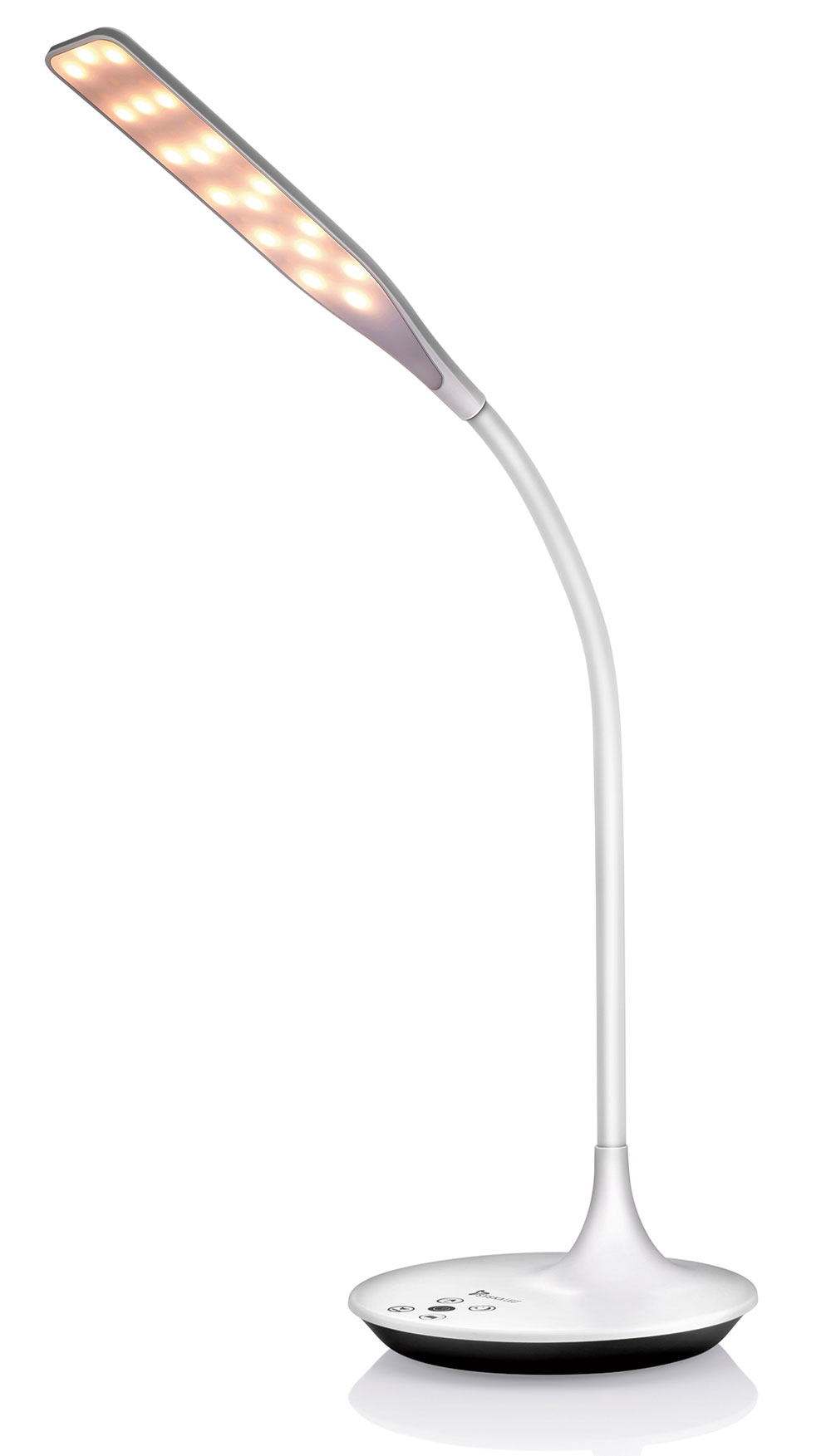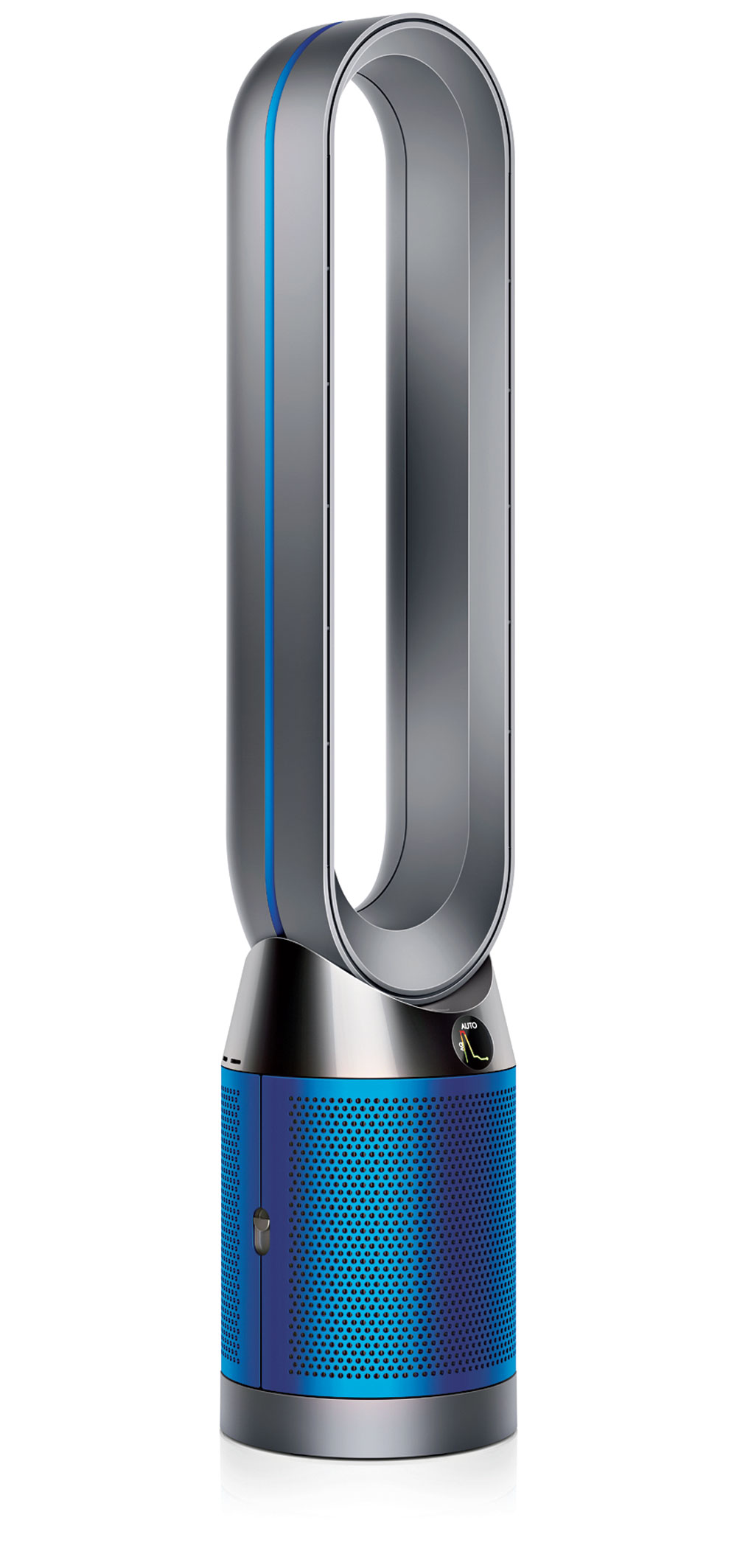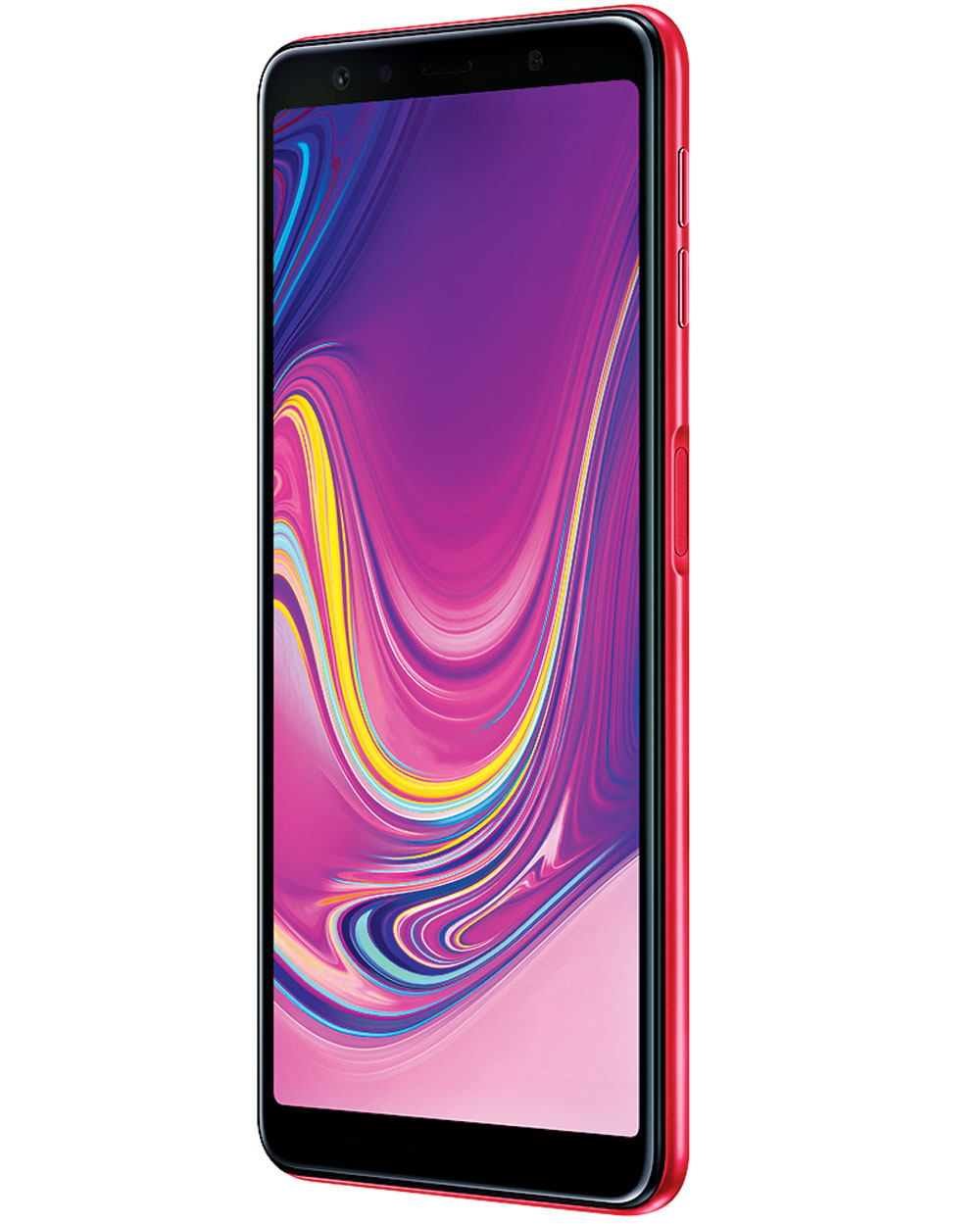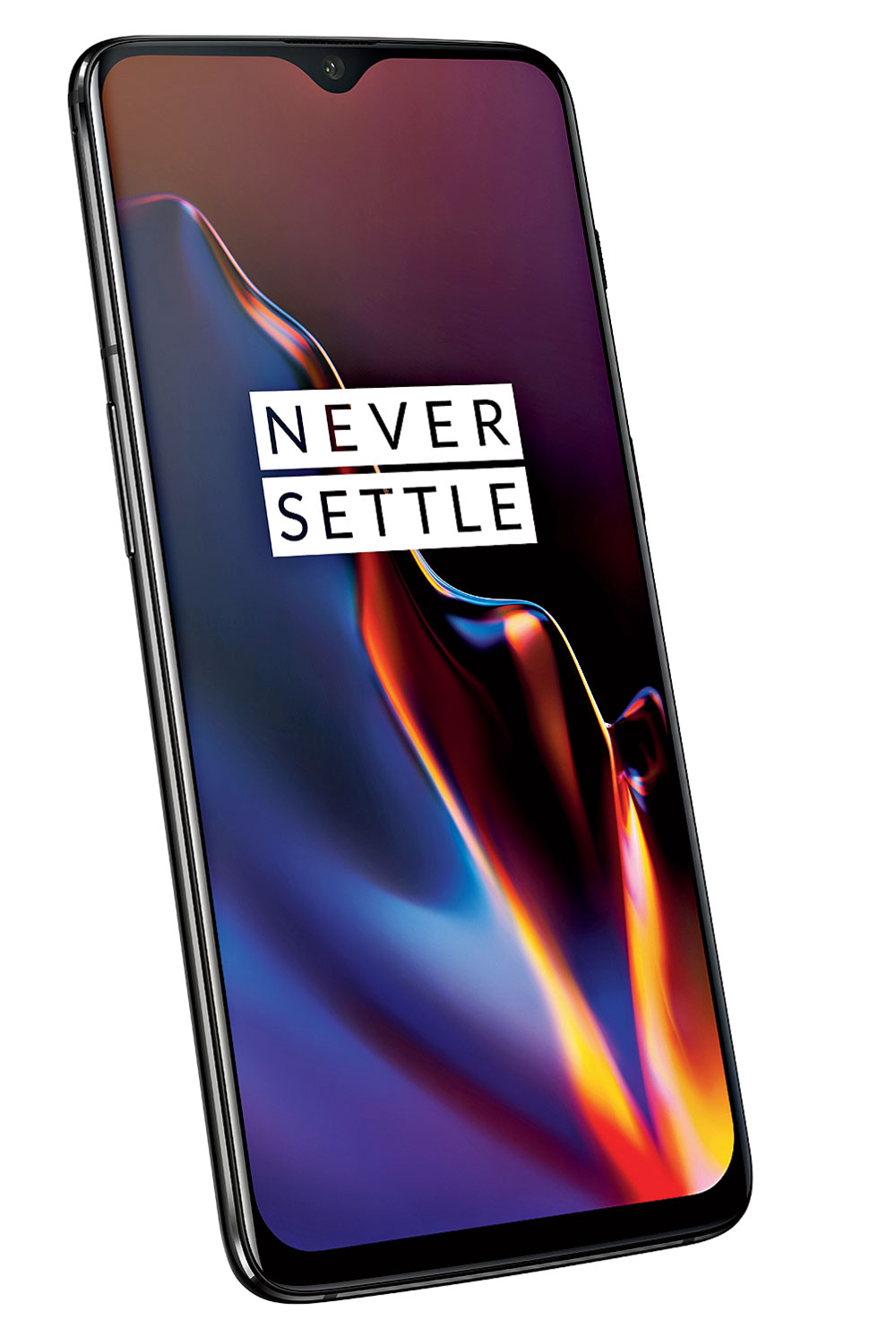Nokia 3.1 Plus
Price: Rs 11,499
The latest addition to a now long lineup of Nokia phones, the Nokia 3.1 Plus is a competent offering at a somewhat questionable price, with competition even from within the house offering a better alternative.
With its 6-inch HD+ display curving around the edges and a smooth-to-the-touch metal rear panel, the 3.1 Plus looks far classier than its price would suggest and feels solid, durable and comfortable in the hand.
The display is mated to a large 3,500mAh battery, a combination which gives the phone enough juice to last the better part of two days, even while you enjoy movies and streaming content on the big, bright screen. The dual cameras work well in daylight and capture good detail despite a rather slow shutter speed. But low-light photos are grainy and lacking in detail.
Powering the device is the Helio P22 chip, which has been used in entry level devices like the Redmi 6, but the 3.1 Plus is priced to compete against the likes of the ZenFone Max Pro M1 and the Redmi 6 Pro, both of which offer significantly higher performance for the price — even the similarly priced 5.1 Plus performs better. The stock Android 8.1 interface, courtesy the Android One program, does help its case — the UI is responsive despite the processor in use.
Syska Smart Table Lamp
Price: Rs 3,699
Amazon’s Alexa digital assistant is finding its way into all manners of home appliances, and the latest is Syska’s Wi-Fi enabled Smart Table Lamp.
The Smart Table Lamp hides its smarts behind its deceptively normal exterior — it features a flexible rubberised body that can be bent in any direction for your convenience, and the feather-touch controls allow you to change brightness (three levels) and the warmth of the light (yellow, warm white and white). There’s an app to control the lamp as well, but you can go completely hands-free and operate the lamp using Alexa. Overall, a neat addition to a growing list of smart home tech.
Feather-touch controls are a little sticky and oftentimes need an additional tap.
Lacks a built-in battery for true portability.
Dyson Pure Cool
Price: Rs 37,900/ Rs 44,900
As winter sets in, the pall of gloom that is the winter smog engulfs most of our big cities. And if you haven’t already, it’s time to settle on an air purifier, possibly the Dyson Pure Cool. A full-featured air purifier with a bevy of sensors and smart app control, the Pure Cool demands a princely sum to cleanse the air you breathe.
Air purifiers are popping up in homes and offices, with many a third the price of the Dyson. True to Dyson form, however, it casts aside the industrial design of the competition and delivers a product that you wouldn’t mind flaunting in your living room. The filters around the base suck in air around the Pure Cool and push it out through the futuristic loop on the top via the bladeless fans popularised by Dyson over the years.
The base itself rotates nearly a full circle to push out clean air around the room, no matter where you place it, and you can choose from either direct airflow for cooling or a diffused airflow mode for the winters, where cooling isn’t a priority.
Control is via the magnetically attached remote or the Dyson app, which provides real-time updates of the air quality index and indoor air quality. The Pure Cool is best used in Auto mode, where during the Diwali week, it was able to bring down the PM2.5 levels from over 140 to sub-50 in about half an hour.
OnePlus 6T
Price: Rs 37,999 onwards
As the successor to the hugely popular OnePlus 6, the 6T creates quite a dilemma. On the one hand, it still is excellent value for the overall package. Yet, on the other, some of the changes — the loss of the physical fingerprint sensor and the headphone jack — are bound to be divisive and seen by some as not user-friendly. It’s still easy to recommend, just not as easy to get excited about.
The OnePlus 6’s design hasn’t aged that much in five months since its release, so the 6T continues to look fresh with some rather subtle changes — a small waterdrop cutout for the front camera and a reduced screen chin that allows a larger 6.41-inch 1,080 x 2,340-pixel display.
Battery capacity is also up from 3,300mAh to 3,700mAh, which, given exactly the same internals (Snapdragon 845, 6GB memory) as the 6, is a good move. OxygenOS 9 is as snappy and refined as ever, with an improved Game Mode and a new Smart Boost feature that keeps games permanently in the phone RAM (memory) for faster load times. Most of the stuff you loved about using the OnePlus 6 on a daily basis is still there — the uncompromised performance, the bright, vibrant screen and frequently updated software.
An in-screen fingerprint scanner, a smaller notch and a larger battery — the OnePlus 6T is perhaps the company’s most minor update, particularly if you consider the benefits in functionality or usability. About that in-screen fingerprint scanner — it’s a nice novelty, particularly with that insanely cool unlocking animation, but beyond that, it requires a whole lot more attention to place your finger just right. It takes that extra beat longer than I prefer and you’re likely unlocking the phone faster with the face unlock anyway!
The design changes mean that the 6T loses the 3.5mm jack and the notification LED in front. Camera performance remains largely unchanged, and the new Nightscape mode needs a bit more work.
Sony WH-1000XM3
Price: Rs 29,990
While Bose’s QuietComfort series has been the gold standard in noise-cancelling headphones for a while, Sony’s been quietly mounting a formidable challenge in that space, originally with the MDR-1000X and, more recently, the WH-1000XM3. With its rich feature set and audio quality, the Sony is an easy-to-recommend all-round package and well worth the price.
The changes in design from previous generations are minor, but mostly positive — the move from metal to plastic in the headband saves weight. That, when combined with the new, thicker and softer cushions, renders the headphones almost weightless on the head. What you lose slightly in terms of premium looks you gain discernably in terms of comfort.
Touch controls on the right earcup, including those to change volume or tracks, are arguably still a tad gimmicky, but work more reliably than before. The ‘Quick Attention’ (quickly mutes audio and lets in outside noise) mode is super handy in flights and during commutes. Audio quality is rich and detailed, bass is deep and satisfying and the soundstage is open and spacious (incredibly so for a closed-back design). The headphones also support a range of high-resolution audio codecs, and are best enjoyed on an Android device that supports the aptX HD sonic standard.
Crucially, in one of the key metrics that count — noise cancellation — Sony inches ahead of Bose, cutting out ambient noise better across different situations (flights, coffee shops and metro commutes) and even offering multiple profiles to dial up/down the cancellation, including one that is based on your current altitude. You also get a USB Type-C port, which allows for fast charging (five hours of use with 10 minutes of charging) and reduces the hassle of carrying along one more cable. Battery life remains an unchanged yet stellar 30 hours!
You get only one button for noise-cancellation control as well as for invoking Siri or Google Assistant. Dedicated buttons for each would have been handier. The headphones can remember eight paired devices, but streams content from only one device at a time; you need to disconnect the audio source to, say, take a call on the other.
Samsung Galaxy A7
Price: Rs 23,990 onwards
For its first device with a triple camera setup, Samsung chose not the flagship Note or the ‘S’ series but the mid-range A series. The extra shooter adds a fair bit of versatility to your shots, but performance and specs nerds may prefer the alternatives at this price point.
The A7 takes a lot of inspiration from A-series phones that came before it — an all-glass design with a 6-inch Full HD+ AMOLED display, 4/6GB of RAM, 64/128GB of storage and the Samsung Exynos 7885 octa-core processor powering the experience. The screen is typical Samsung — colours are punchy, viewing angles are good and the Always-On mode is useful.
The highlight is the triple camera setup — a 24MP f/1.7 primary camera, a 5MP f/2.2 depth sensor and an 8MP f/2.4 with a 120-degree field of view ultra-wide lens. The ultra-wide setup is excellent for getting more of the scene in without resorting to taking a panorama shot, but the lower resolution sensor does limit the amount of detail as compared to the main 24MP shooter, so you end up using it sparingly. The primary shooter manages good photos in daylight with the help of a scene optimiser mode which identifies the view and applies appropriate settings for a better image. But detail levels drop in low light.
Samsung refers to it as an Infinity Display, but the A7 packs in significantly thicker bezels than its Note/S brethren. No Type-C port and the fingerprint scanner on the right edge is convenient only for right-handed folks. The package on the A7 is no slouch — everyday tasks are achieved without any lag, and I multitasked between multiple heavy apps and games without any issues — but folks looking for better absolute gaming performance should look elsewhere.

Syska Smart Table Lamp Sourced by The Telegraph

Dyson Pure Cool Sourced by The Telegraph

Samsung Galaxy A7 Sourced by The Telegraph

Nokia 3.1 Plus Sourced by The Telegraph

Sony WH-1000XM3 Sourced by The Telegraph
Tushar Kanwar is a tech columnist and commentator. Follow him on Twitter at 2shar











